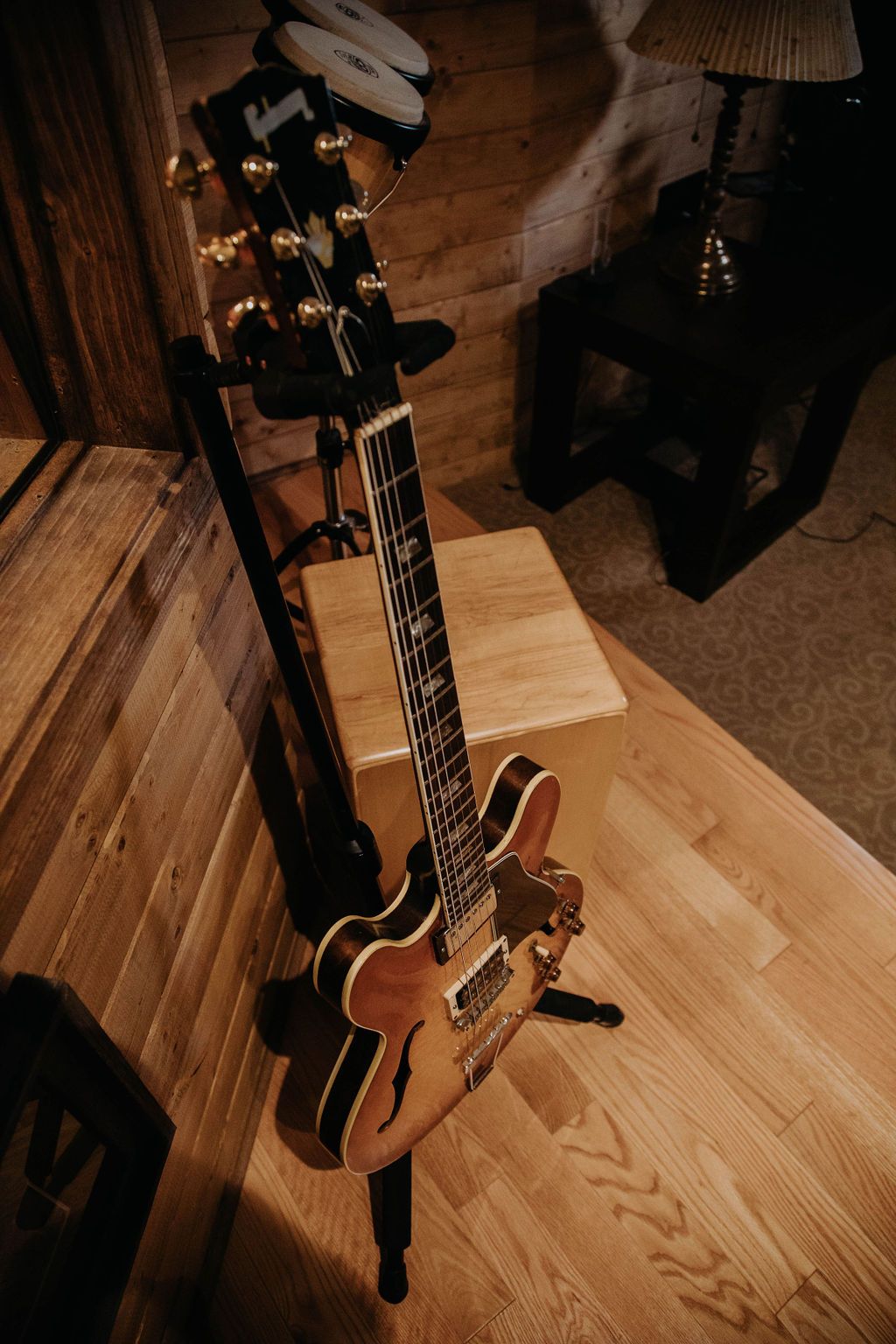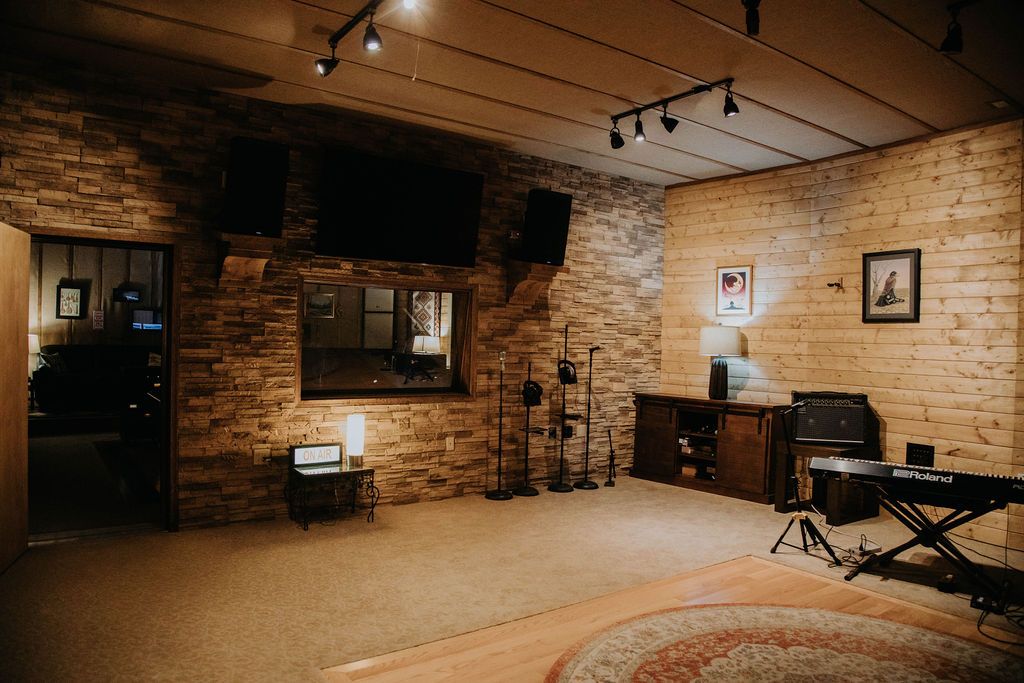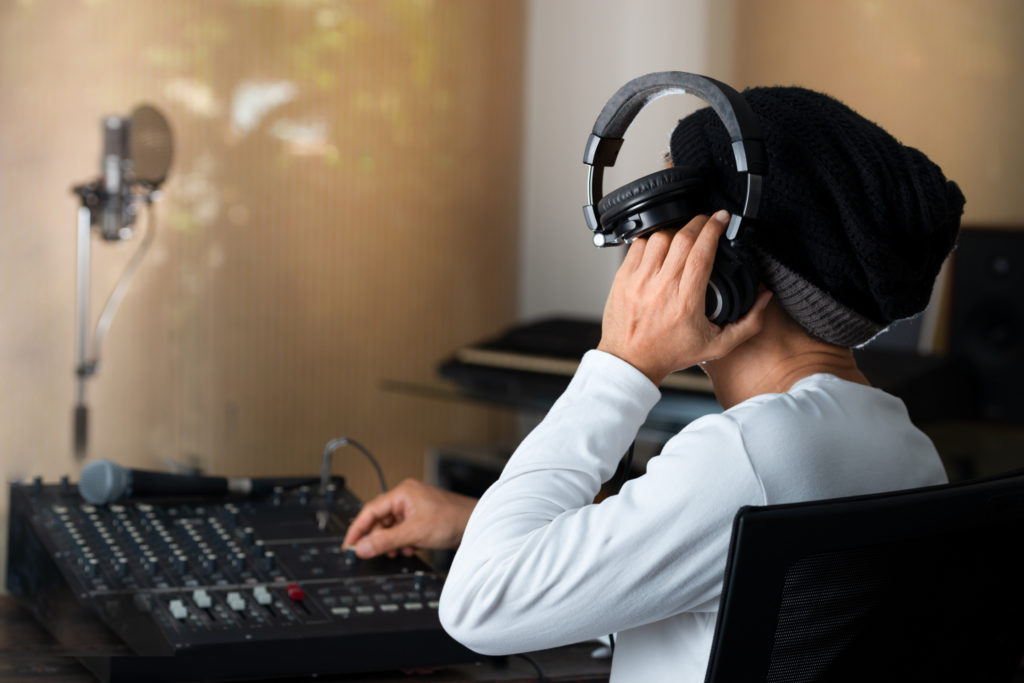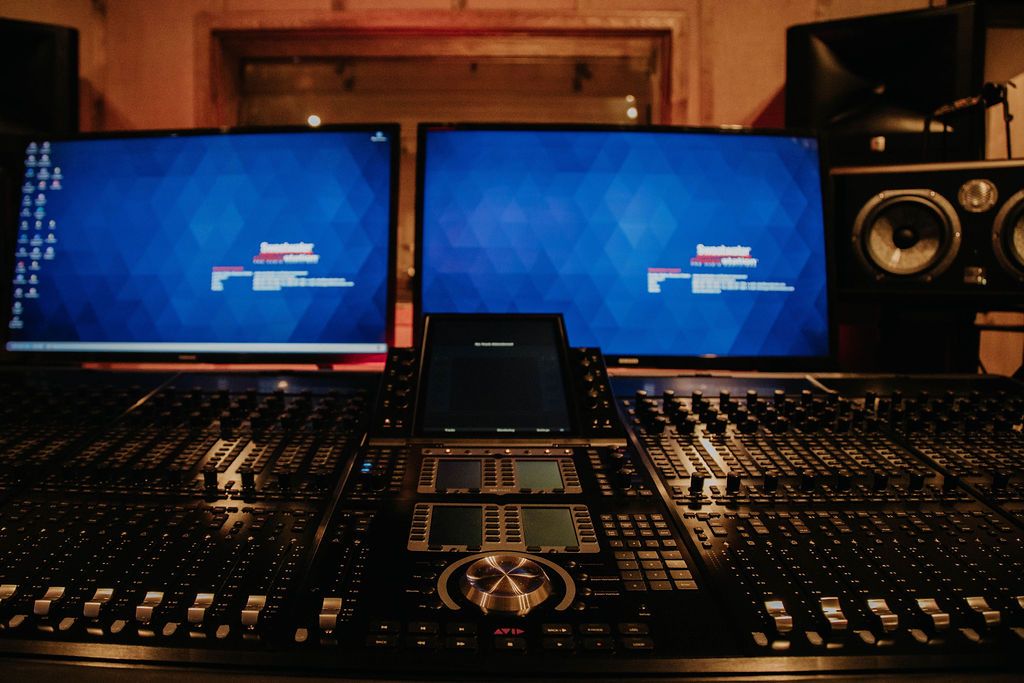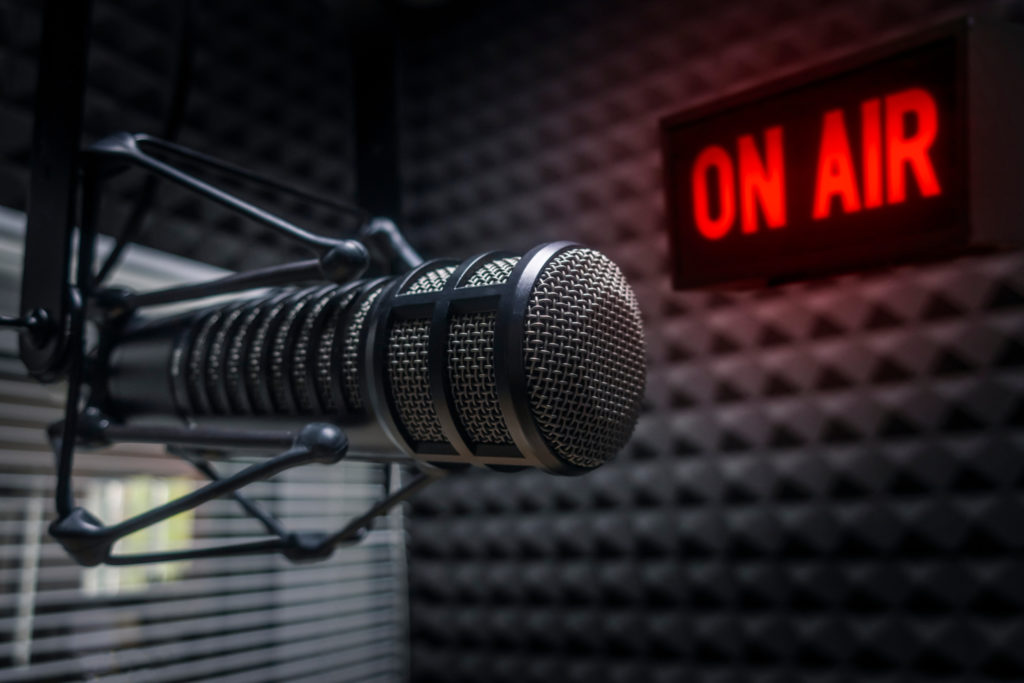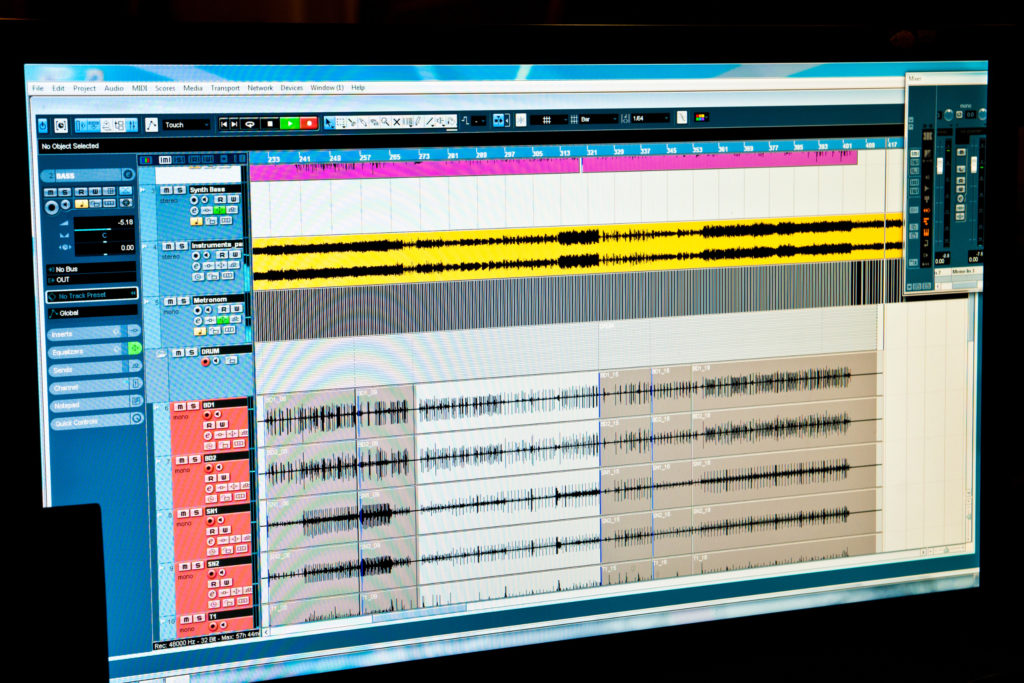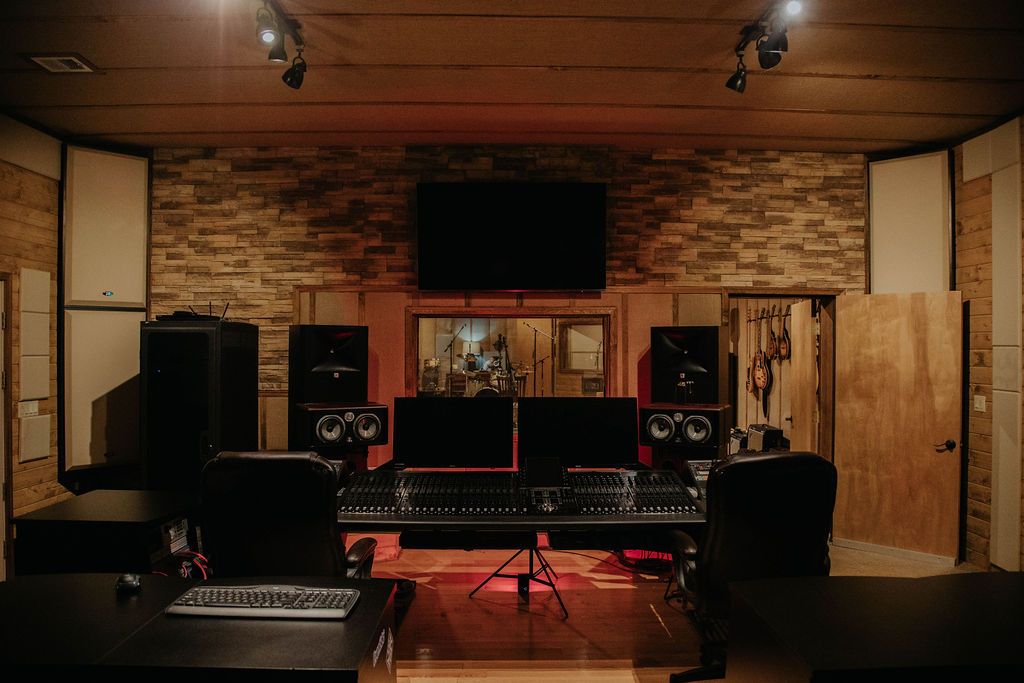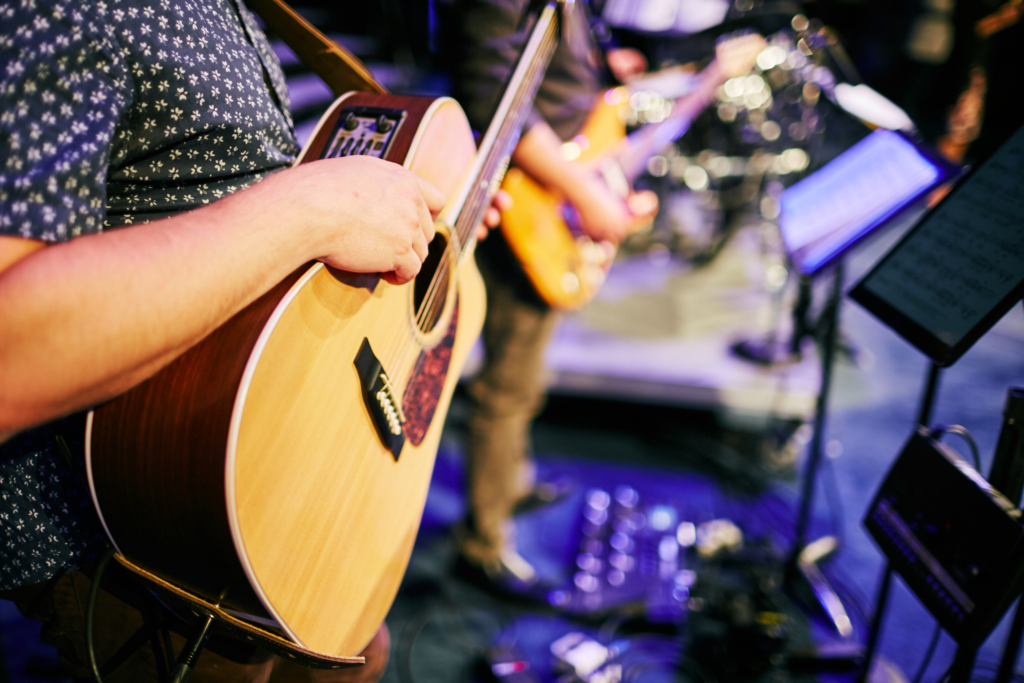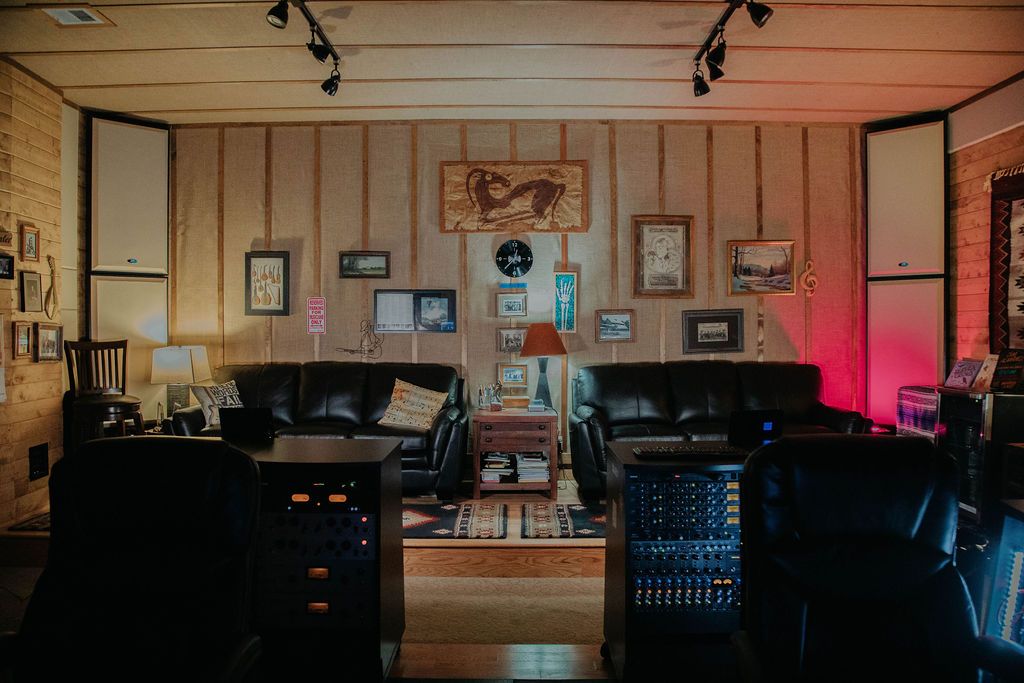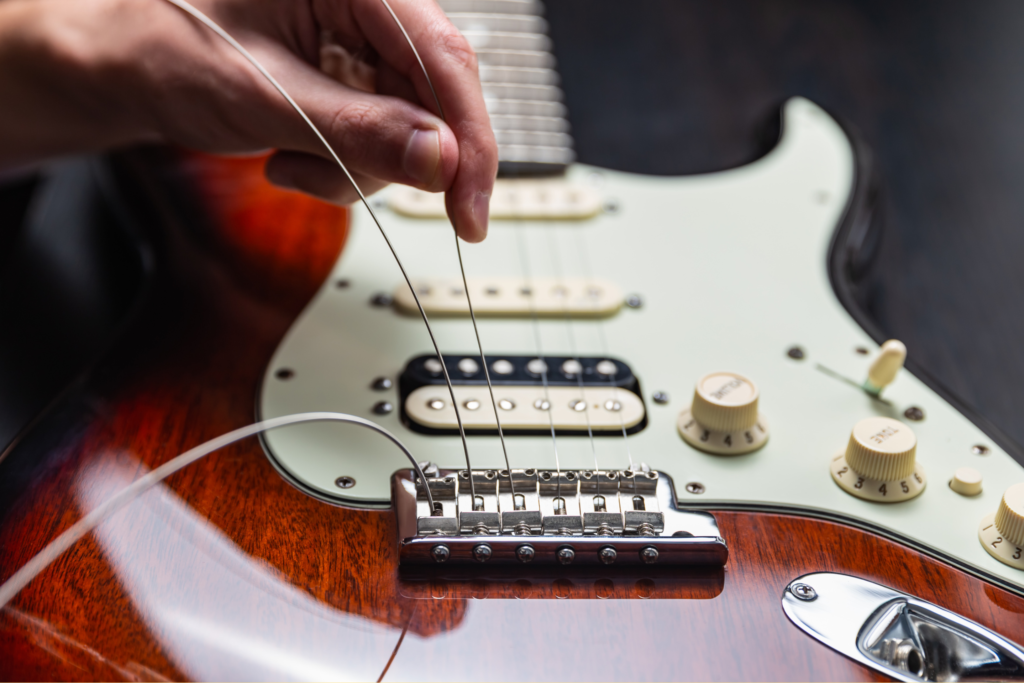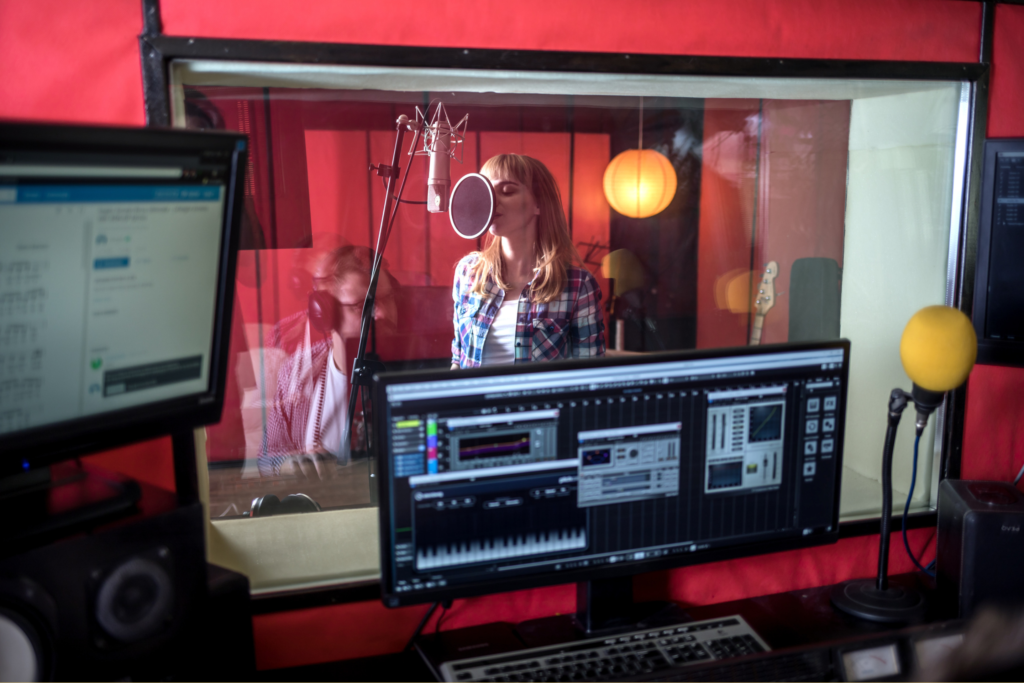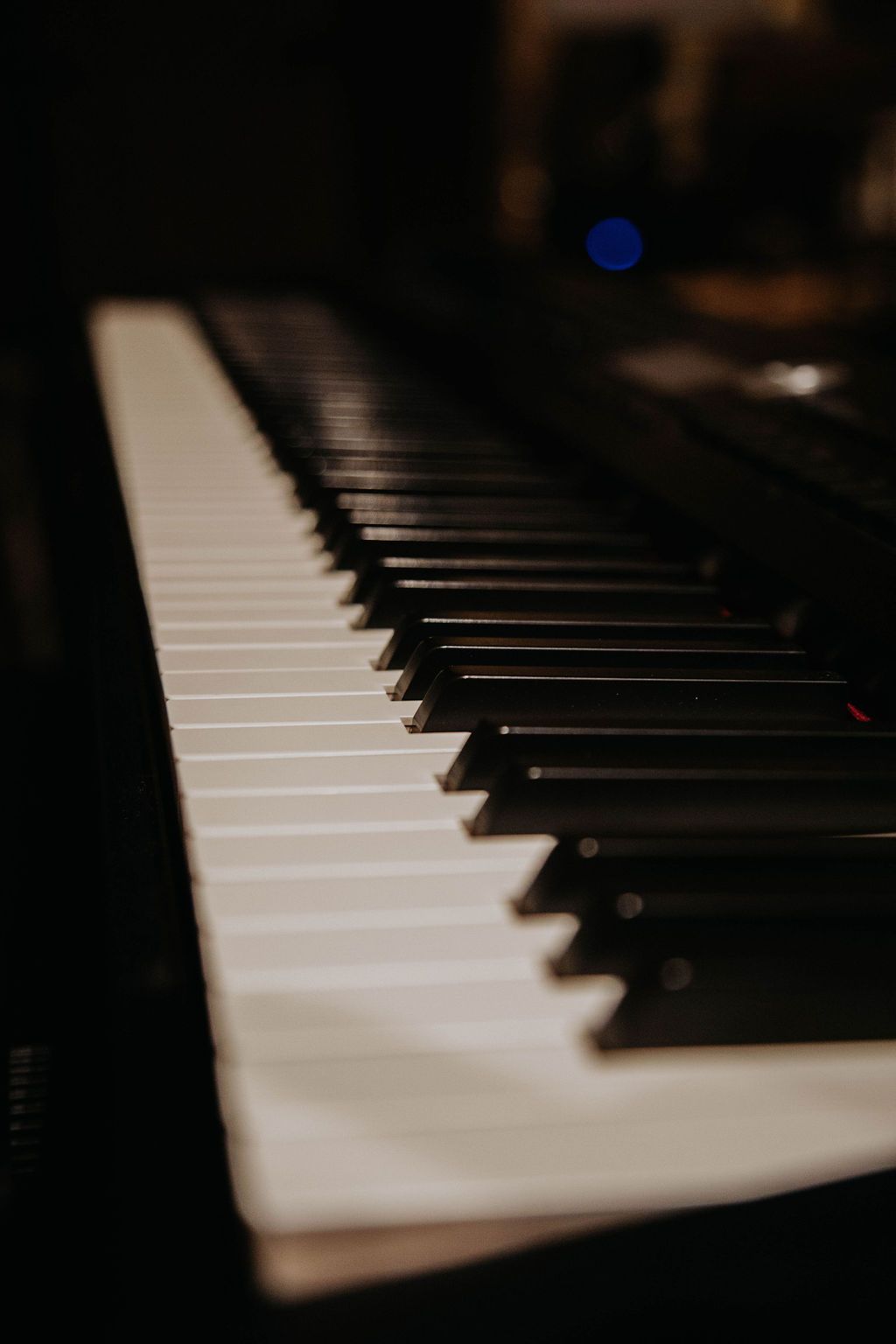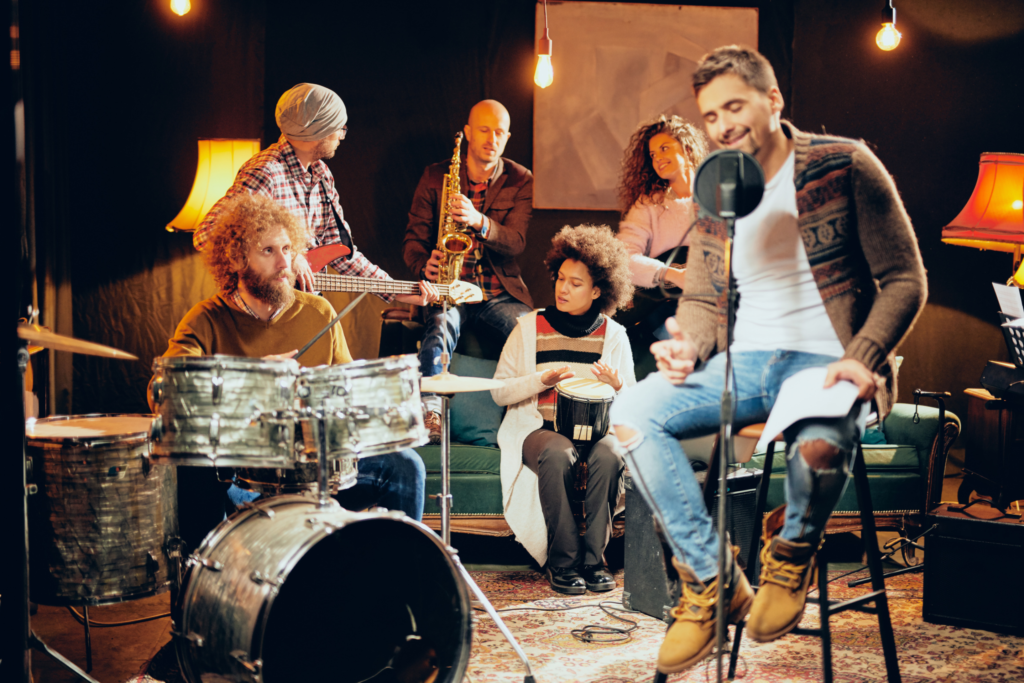How to Write or Arrange Original Music
Creating original music is exciting and daunting, whether you’re a seasoned recording artist or just starting out in the business. There is more to the process than simply coming up with an idea for an original music track.
You must choose the key and melody, which instruments would sound best with the piece, and where to get it mixed and mastered for the best quality sound.
In this article, we’ll discuss what you need to know to write or arrange original music, including:
- What is a music track arrangement?
- What makes a good song arrangement?
- Can you arrange copyrighted music?
- How do you write an original song?
- How do you make sure your song is original?
What is a music track arrangement?
A music track arrangement includes all elements of a song. Harmony, melody, instrumentation, and rhythm come together to create a cohesive sound that’s pleasing to the ear (at least that’s the goal, anyway).
Recording artists must carefully choose dynamics and effects, which instruments complement the intent behind the piece and the overall structure of the original music.
Both the musician and the producer can make decisions about any sections of the song that should be emphasized, which instruments should be played—including any lead instruments—and how to build and release within the track.
If you’ve chosen to work with an Albuquerque music studio, then trust the producer to make suggestions that take the basic elements of your song and mold them into a flawless finished product.
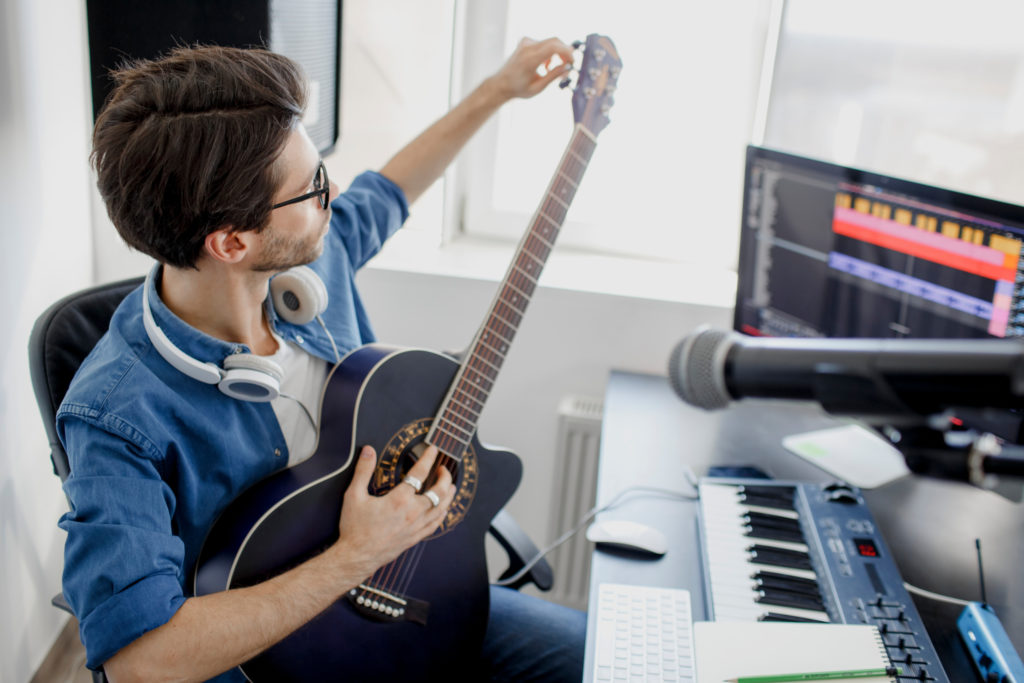
What makes a good song arrangement?
Every original piece of music or arrangement of an existing piece should enhance and support the overall emotion and message of the song. The best artists know how to get their point across with soul-clenching lyrics and instrumental accompaniment that keeps listeners engaged.
Some key factors that contribute to a quality song arrangement include:
- Balance and contrast between harmony and melody make the song more interesting.
- Clear structure that includes an introduction, a middle, and an ending that flows like a story.
- Effective instrument use that supports the overall mood of the piece.
- Emotional impact that uses all components—instruments, vocals, harmony, melody, rhythm—to highlight the feeling behind the song.
- Polished sound during mixing and mastering makes the song sound more professional.
Can you arrange copyrighted music?
Yes, with the right permissions. Typically, recording artists must get a license from the copyright holder of the original piece they wish to rearrange. If it’s a well-known artist, that can mean reaching out to their record label or their agent to get the approval you seek.
Be prepared to negotiate the terms of the permission for you to enhance the original. You’ll need a contract that outlines the scope of the license, the length of time you have permission to use the original work, and any fees or royalties paid to the original artist.
Never try to do this on your own. You’ll need the guidance of a legal representative experienced in copyrighted materials to assist. You can find more information from organizations like ASCAP, BMI, and SESAC that specialize in copyright licensing.

How do you write an original song?
Walking around with a song in your heart that’s just dying to get out onto a quality music track? Writing original music can be challenging but also rewarding.
Taking these steps can mean the difference between just humming your tune in your head and getting it out to the masses.
- Start with your idea
Sometimes artists get a tune in their heads. If that’s the case for you, matching it with the right words is the first part of the songwriting process. Pair that tune with an experience, feeling, or story that inspires you. - Create a melody
If you don’t already have a tune in mind, you’ll want to take your idea for a song and create one. Use an instrument—guitars and pianos work best—and punch out your basic melody. You can fine-tune it later. - Write your lyrics
Sometimes artists prefer to write the lyrics before they come up with a tune. It makes no difference what you do first. Take the approach that works best for your creative process. Everyone is different. - Create some harmony
Songs that have harmony are more fulfilling to the human ear. Once you have your basic melody, find a few chords that go with it to strike a balance with some natural harmony progressions. - Refine the song
Now that you have the basic structure, you can go back and refine the original music. Edit lyrics, change the melody a bit, or experiment with different instruments. Tweak it until you’re satisfied.
The final step is to find an Albuquerque recording studio that can take your original song and mix and master it into a quality track to share with your fans.
How do you make sure your song is original?
The last thing any artist wants to do is accidentally plagiarize another musician’s work. It’s easy to get another tune stuck in your head and not realize it’s from a song you heard elsewhere. To be certain you’re not accidentally borrowing lyrics or tunes, you can take the following actions.
- Research existing songs to make sure yours isn’t like any existing works. This can include Googling your intended lyrics and searching for similar accompaniment.
- Seek a legal review to make sure your original music doesn’t infringe on any existing copyrights.
When in doubt, reach out to an Albuquerque recording studio for help finding the most effective ways to determine if your masterpiece is truly an original before recording.
Getting support for your original or reimagined track
Writing original music or arranging an existing piece can be time-consuming. Make sure you’re doing everything the right way before you book studio time. Our production manager and other recording studio staff have years of experience in the industry. We can guide you if assistance is needed, so don’t be afraid to reach out for a consultation.
